FSF | Africa
-
Malnutrition is a pressing global issue not confined to one community, country, or region.
Achieving a resilient, just, and sustainable food system requires global investments tailored to local needs. FSF Africa is helping lead that work in Rwanda by scaling and supporting the poultry value chain in three critical ways:
First, we are making investments to increase the consumption of animal source protein – like eggs – that are easy to prepare and digest, packed with nutrients to reduce malnutrition, and have been linked with lower rates of stunting.
Second, we are identifying alternative ingredients for costly poultry and fish feed to accelerate the growth of these industries.
Third, we are transforming the inefficient household waste management system which currently significantly contributes to environmental degradation.
FSF activities in Rwanda are backed by strategic partnerships and supported by the Seeding the Future Global Food System Challenge Award. Together with the Government of Rwanda, City of Kigali, Protix Ltd. – the world’s largest producer of insect protein – and an established Rwandan Agri-entrepreneur who ran the largest feed facility in the country, FSF is building Africa's first ever automated black solider fly facility in Rwanda.
FSF Africa recognizes the immense potential of insect protein as an innovative substitute for conventional animal feed which is currently costly, import-dependent and subject to price fluctuation. Replacing these conventional feeds with a local sustainable alternative not only addresses the financial burden faced by poultry and fish farmers but also offers a circular solution to the growing food waste problem.
The impact of the black soldier fly facility will go beyond efficient feed production. A valuable byproduct of the larvae production is frass biofertilizer, which has a potential to increase crop yields while preserving soil health, and improve productivity of vegetables, cereals and specialty crops.
By upcycling organic waste, reducing the cost of animal feed for producers, and facilitating the scaling-up of commercial poultry and fish industries in Rwanda, through this first-of-its-kind facility, FSF is paving the way for wider access to affordable, high-protein animal source foods.
-
Rwanda is a country on the move with clear ambitions: it has had 10 years of economic growth; offers a business-friendly environment – the World Bank ranks Rwanda second in Africa for ease of doing business and 38th globally; and has aspirations for upper middle-income status by 2035 and high-income status by 2050.
On the other hand, 33% of children under five years are stunted (2020) and the population consumes the least protein in the region. The Government of Rwanda has committed to reducing this rate to 19% by 2030 with a focus on increased consumption of animal source protein. Animal-source foods, including eggs, are highly digestible and nutrient-dense sources of protein. Eggs, in particular, are rich in essential nutrients, which are often lacking in the diets of malnourished individuals.
An innovative integrated commercial egg industry has taken root in Rwanda and was ripe for scaling before the COVID-19 pandemic but widespread closures in the hospitality sector diminished the demand for eggs, resulting in a business continuity crisis for egg producers. Small producers without markets lacked financial resources to purchase feed, putting their operations and the commercial sector at risk. And closed boarders caused a decline in egg prices, affecting the livelihoods of small-scale poultry producers.
Against this backdrop, Food Systems for the Future, with support from the Eleanor Crook Foundation, partnered with the Rwandan Ministry of Agriculture to address these challenges faced by poultry producers. The project aimed to ensure business continuity for egg producers and provide nutritious food to over 20,000 vulnerable households who had lost their income and were affected by distribution disruptions.
In collaboration with the Rwanda Ministry of Agriculture and the National Early Childhood Development Program (NECDP), FSF ensured weekly deliveries of eggs to vulnerable households in the Bugesera district. Not only did this help maintain business operations and protect the livelihoods of egg producers but also provided a vital source of high-quality protein to a population in need during the pandemic. FSF protected the supply chain of six egg producers and approximately 24 associated jobs.
The collaboration enabled FSF to analyse the bottlenecks in the poultry value chain. Affordable animal feed was identified as the main impediment to scaling affordable animal source foods due to high prices of imported soy and maize, the primary feed for poultry. FSF concluded that there’s demand from local feed manufactures to replace conventional feed inputs with a local sustainable alternative protein feed solution and is in the interest of Rwandan consumers. From there on, FSF began exploring alternative solutions that would result in increased production and affordability of animal-source foods and help Rwanda achieve its Sustainable Development Goals.

